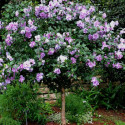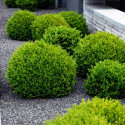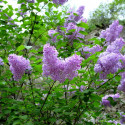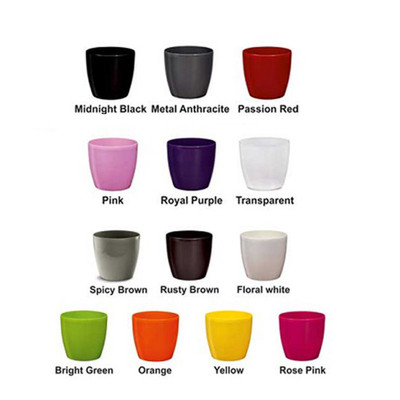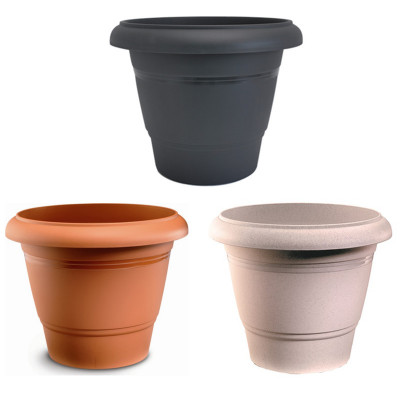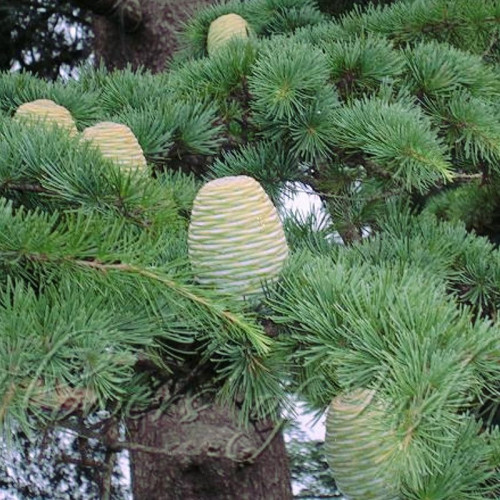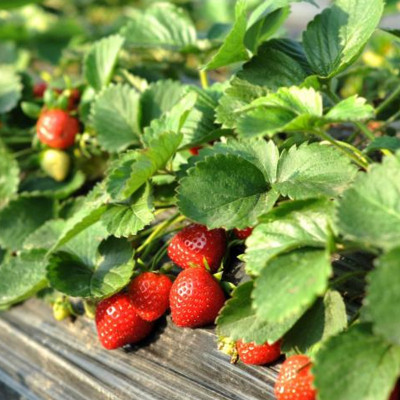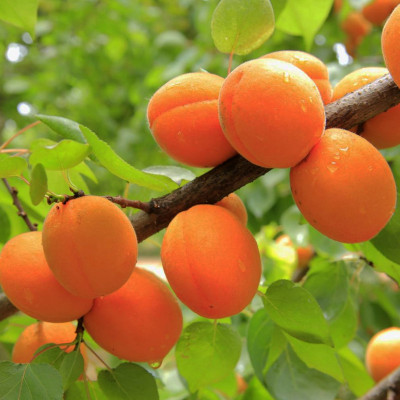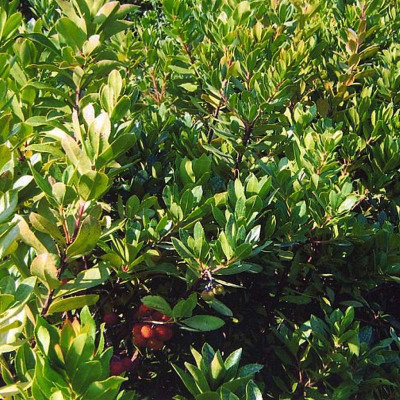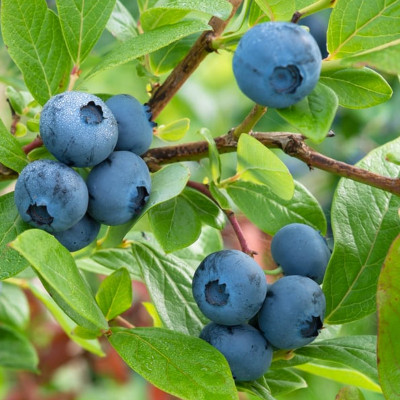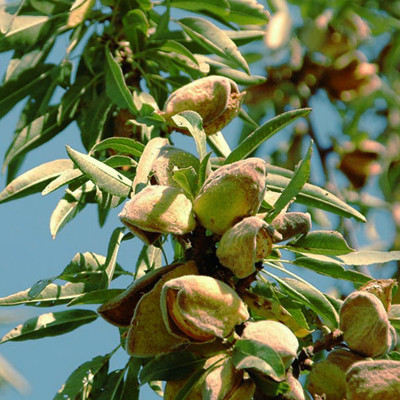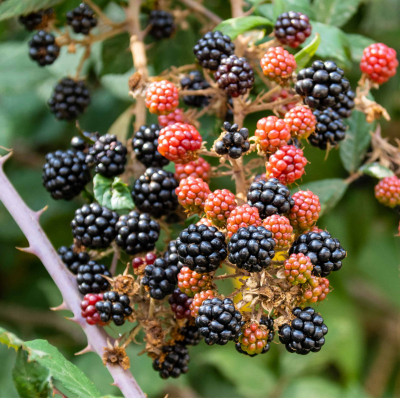Cedrus deodara 250cm height, 170cm diameter, Himalayan cedar
Cedrus Deodara, Himalayan cedar
Cedrus deodara, the deodar cedar, Himalayan cedar, or deodar/ devdar/ devadar/ devadaru, is a species of cedar native to the western Himalayas in Eastern Afghanistan, Northern Pakistan (especially in Khyber Pakhtunkhwa), and India (Jammu and Kashmir, Ladakh, Himachal Pradesh, Uttarakhand, Sikkim, Arunachal Pradesh, and the Darjeeling Region of West Bengal), Southwestern Tibet, and Western Nepal occurring at 1,500–3,200 m (4,921–10,499 ft) altitude.
The price is configured according to quantity

Security policy (edit with Customer reassurance module)

Delivery policy (edit with Customer reassurance module)

Return policy (edit with Customer reassurance module)
Cedrus Deodara, Himalayan cedar
Cedrus deodara, the deodar cedar, Himalayan cedar, or deodar/ devdar/ devadar/ devadaru, is a species of cedar native to the western Himalayas in Eastern Afghanistan, Northern Pakistan (especially in Khyber Pakhtunkhwa), and India (Jammu and Kashmir, Ladakh, Himachal Pradesh, Uttarakhand, Sikkim, Arunachal Pradesh, and the Darjeeling Region of West Bengal), Southwestern Tibet, and Western Nepal occurring at 1,500–3,200 m (4,921–10,499 ft) altitude.
It is a large evergreen coniferous tree reaching 40–50 m (131–164 ft) tall, exceptionally 60 m (197 ft) with a trunk up to 3 m (10 ft) in diameter. It has a conic crown with level branches and drooping branchlets.
The leaves are needle-like, mostly 2.5–5 cm (0.98–1.97 in) long, occasionally up to 7 cm (2.8 in) long, slender (1 mm (0.039 in) thick), borne singly on long shoots, and in dense clusters of 20–30 on short shoots; they vary from bright green to glaucous blue-green in colour. The female cones are barrel-shaped, 7–13 cm (2.8–5.1 in) long and 5–9 cm (2.0–3.5 in) broad, and disintegrate when mature (in 12 months) to release the winged seeds. The male cones are 4–6 cm (1.6–2.4 in) long, and shed their pollen in autumn.
Data sheet
- Τree species
- Cedrus atlantica

